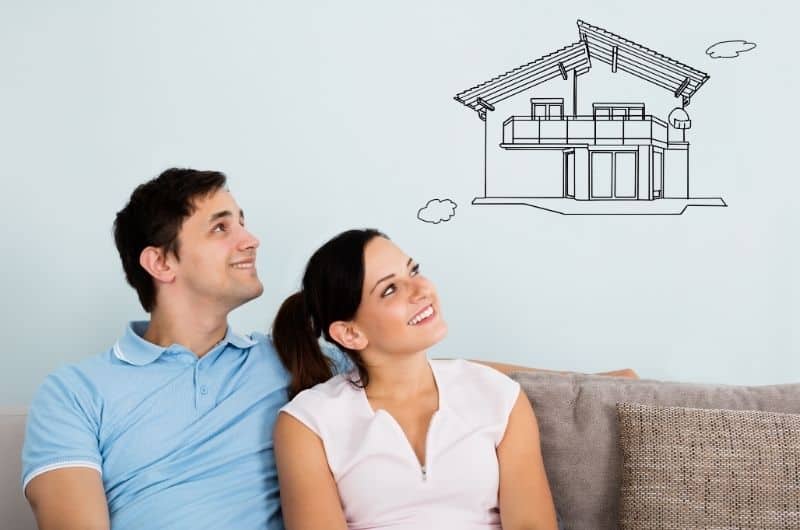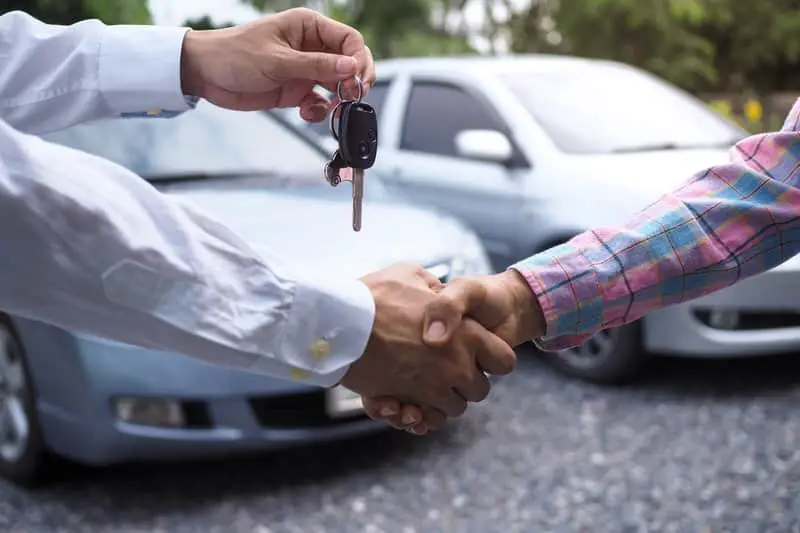When asked, most of us have two big goals: buying a house and buying a car. We find these big purchases necessary (most of the time) and consider a house as an investment. Undeniably, not all of us can afford to purchase both simultaneously or even afford to have one on a short-term basis.
We usually opt for loans since installment plans are more favorable in meeting these goals while still having a budget for savings and expenses.
As we repeatedly highlight in our articles, our budget plays a giant role in our purchases. As we have the freedom to decide how to spend our money, we must know how to manage our finances wisely and responsibly to not cut back on our needs and still enjoy our income.
Whichever we choose to buy first, we must ask questions and consider the dos and don’ts during the loan process. Our finances must be in order, including our credit history, credit score, debt-to-income ratio, and overall financial state, to ensure the lender is credible and able to pay such debt. We can borrow money to achieve such goals.
Is it better to buy a car or a house first?

Part of the decision-making in which goal to pursue first is our priorities.
Most people are comfortable taking a bus to work, so they choose to buy a house first, while some others are okay with renting a house and find it difficult to maintain it, and the car makes it on top. But which is a smarter decision to make?
4 reasons that support why buying a house is the better decision
1. A car’s value depreciates
Obviously, a car is a depreciating asset. While a house, depending on its structure and location, may increase value in time, while a car will never be sold even to an equal amount of its original cost. With that simple picture in mind, you can predict less investment return in opting for a car first.
2. A property can be income-generating
Some people would purchase condo units or additional properties then convert them to home rentals. However, short-term leases are common nowadays, especially for tourists. With added amenities in your area like a gym, swimming pool, or entertainment area, it would be more inviting for other guests too.
3. A home gives peace and security
The moment we step inside our house, we feel a sense of relief and comfort. The idea of not having to worry about paying the rent monthly and that you are paying for something that will eventually be your own provides a sense of fulfillment. Another perk of owning a home is the freedom to decorate and renovate it according to your liking.
4. Can be passed on as an inheritance
Yes, a car can be passed on to your child or your grandchild, but the maintenance expenses of a car and its parts would be more costly. But unlike with property, there’d be maintenance expenses also, but it will appreciate in value, and even if your grandkids sell it in the future, they can actually earn from it.
Now that the following reasons have been laid to support why buying a house first would be more important, here are some things to note when closing on a house.
“Closing (also referred to as completion or settlement) is the final step in executing a real estate transaction. The closing date is set during the negotiation phase and is usually several weeks after the offer is formally accepted. On the closing date, the ownership of the property is transferred to the buyer. In most jurisdictions, ownership is officially transferred when a deed from the seller is delivered to the buyer. Lenders providing a mortgage loan will often require a title search, title insurance, appraisal, land survey, and attorneys to be involved.”
How long does it take to close on a house?
It would usually take 30 to 45 days from the mortgage application to the actual closing day. Then it would require an hour or so on the actual closing day for the rest of the paperwork. Finally, once the papers are signed, a mortgage is secured, and the closing is officially complete, you will be handed the keys to your house.
So, how soon can you get a car loan after closing on a house?

If you just closed on a house and are planning for a car loan, you can wait for the signal that your mortgage has been finalized or until you have the keys to the house.
Allowing at least one full business day after the closing before opening new credit can also ensure that your loan has been funded and disbursed.
Do I really have to wait for the closing to buy a car?
Generally speaking, it will actually depend on our financial situation.
If you are capable of paying for an auto loan and mortgage simultaneously, with records of on-time payments and stable employment status, there may be no problems in getting approval for both. But if you have opted for a bigger mortgage, there may be limitations in the amount you can borrow for a car.
Car finance companies will also check if you can afford monthly payments on a car before approval.
Like a mortgage, certain factors affect your car loan, including your credit score, income, length of the term, and the amount for the down payment.
What factors affect car loan rates?
Depending on your financial profile, the following are the constant factors that affect your lender’s decision in determining your loan.
- Credit score is a key factor that allows the lenders to determine your loan approval and interest rate. Your credit history will reveal if you are creditworthy or not.
- The debt-to-income ratio is an indicator of how much you can afford to pay on specific terms. Having a full-time job is a plus as employment stability can ensure that you can make payments every month. But if you have a high DTI, you may get a lower loan amount even if you have a stable income source.
- Length of term affects the amount of interest that you will have to pay. The longer the term is, the higher the interest. If you could save up for a car and afford to pay higher monthly installments, you may opt for a shorter-term, thus equivalent to a lower interest.
- Down payment can reduce the amount needed for the loan and its corresponding interest rate. This also suggests to the lender that you are serious about the sale and won’t risk losing the car with your money invested in it. The higher the down payment is, the more favorable the offer may be.
Problems with auto loans will rise if the following factors are largely affected, especially after buying a house since income is reduced and debt is increased.
Thus, an auto loan may be delayed until your credit score or debt-to-income ratio significantly improves.
It’s also highly advisable that you save up some cash in advance, so you can afford a larger down payment that can establish an impression to the lender that you are in control of your finances.
Final Thoughts
Again, it all goes back to the budget. If we have decided to invest first in a house, there’s a huge chance that we will have restrictions on having a car loan.
The mortgage is a long-term payment and commitment that we must comply with to maintain a good credit score. Approval is still dependent on finance lenders, but we must also step back and determine our own financial capability to avoid negative consequences in the future.
It would be happiest to avail of a car and a house simultaneously, but we always must do a financial self-check whenever we make big decisions like these kinds of investments.
Dealing with a major debt that we can comfortably afford to pay on favorable terms would not just build a good credit history. Still, it can also boost our self-confidence that we can manage our finances responsibly.

